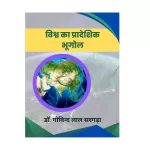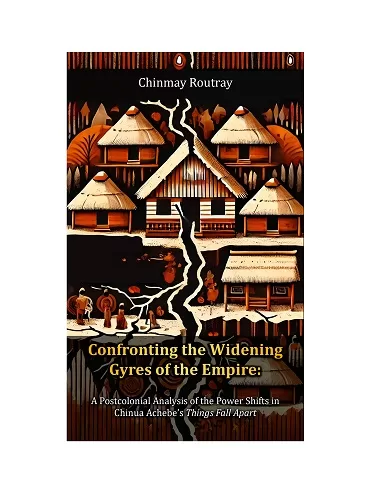Description
ABOUT THE BOOK
In the 19th century, the advent of European Colonialism ushered in an era of imperialism that established hegemonic control over vast swathes of Africa, profoundly disrupting indigenous African societies. In response to this hegemonic influence, the esteemed postcolonial author Chinua Achebe embarked upon a conscientious process of decolonization through his literary works, with a specific emphasis on the restoration of Igbo traditional culture as a means of transcending the enduring vestiges of colonial legacy. This dissertation uses Achebe’s seminal work, Things Fall Apart, as the primary text for interrogating the transformative ramifications of colonialism upon the power dynamics of Igbo society. The methodology used comprises of a tripartite structure. The first section employs an interdisciplinary approach that scrutinizes the pre-colonial Igbo society, endeavouring to discover the interplay of macrosocial and microsocial factors that delineate power configurations within the Igbo society, undisturbed by colonialism. The second section employs a postcolonial approach to analyse the mechanisms of colonial intervention, delineating the appropriation of power from indigenous Igbo society, towards the consolidation of colonial hegemony. The third section focuses on the postcoloniality in Achebe’s use of language within, Things Fall Apart, to renegotiate the power dynamics, through the decolonization of language, towards a consequential reclamation of agency for the Igbo people. A key implication of this study lies in providing a comprehensive understanding of the mechanisms through which colonial intervention usurps power from indigenous societies, and subsequently, how this power is renegotiated through the means of postcolonial literature and language.







 Trials & Tribulations with Dementia
Trials & Tribulations with Dementia
Reviews
There are no reviews yet.